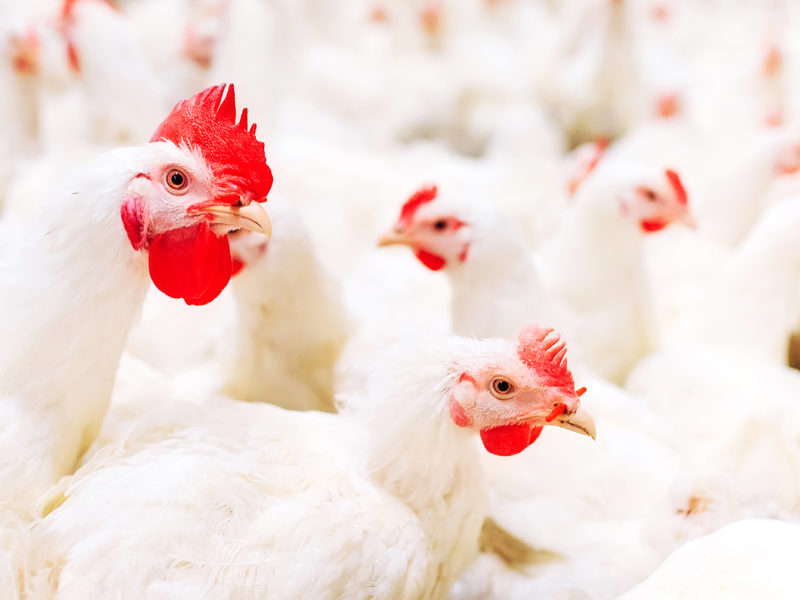COVID continues to complicate efforts to manage supply of regulated commodities in Canada.
“It’s still not easy because there’s a lot of different metrics at play,” Abbotsford producer Ray Nickel told the BC Chicken Growers Association general meeting August 4, delivering the report from the Chicken Farmers of Canada. “We haven’t seen a full opening yet, so we’re not fully back to where we’re back to going to restaurants and fast food places and all of that and we’re willing to give up the at-home. Now you’re hearing the renewed COVID fears on the delta variant.”
The result is that at-home and foodservice sales are both up, challenging chicken producers to keep up with demand and anticipate where it might be heading. This is in sharp contrast to last year, when initial restrictions designed to fight COVID-19 resulted in an immediate 20% drop in foodservice spending.
Government support programs designed to carry people through the pandemic, which were recently renewed into the fall, are another wildcard.
“Don’t forget all the cash that everyone’s been receiving from the federal government,” says Nickel. “We have a lot of free-flowing money out there right now that could certainly be going to the food sector.”
The complex outlook is good news, however.
“We do definitely see that there’s going to be increased demand for chicken supply,” says Nickel.
Prospects are slightly different for the dairy sector.
The BC Milk Marketing Board, in conjunction with the other Western Milk Pool (WMP) provinces, recently approved a decision to remove all incentive days issued for August and September. The incentive days scheduled for October and November are also under review.
The industry invokes incentive days to encourage production, and the industry had anticipated greater demand this fall as some semblance of normal life resumed. It’s now scaled back those hopes.
“WMP market analysis has determined that the impact of seasonality of fluid milk sales, weather (drought), imports due to trade agreements and the slow recovery of the hospitality and service industries are affecting current demand,” the BC board explains, noting that producers in Eastern Canada are also experiencing lower demand.


 Forging new successes with the family farm
Forging new successes with the family farm